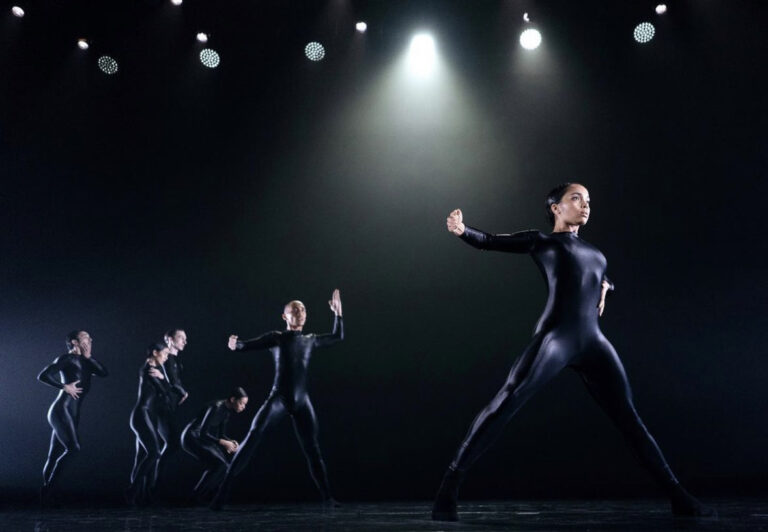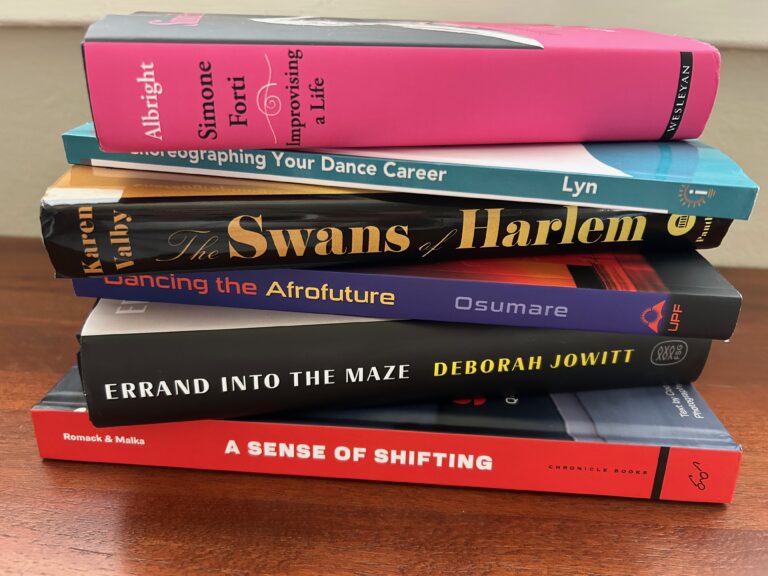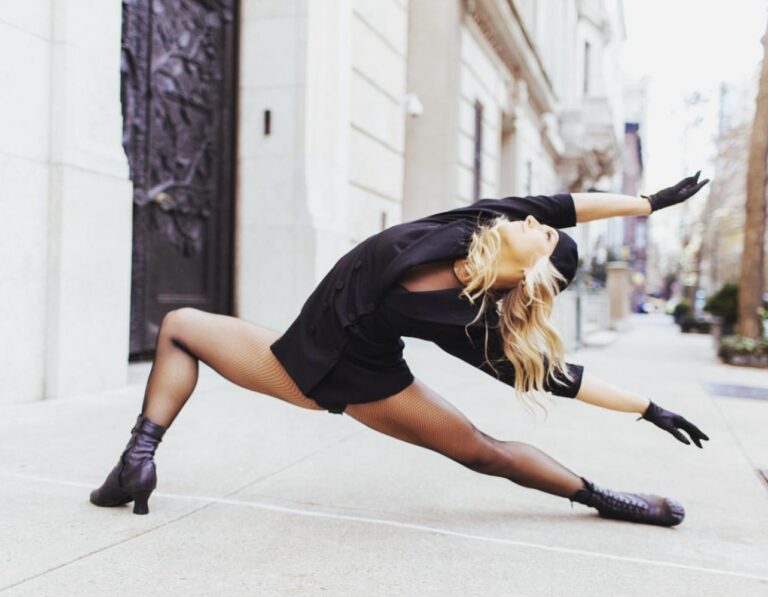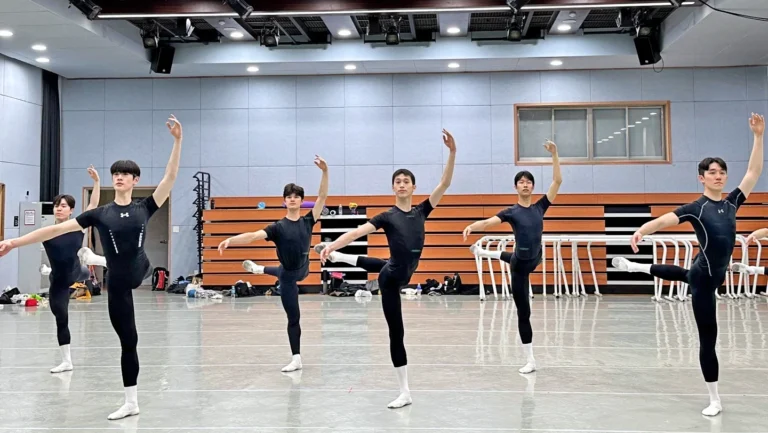
Dance teachers and studio owners can be so passionate about their work that they often end up overextending themselves quite easily. It’s easy for them to fall into the trap of saying “yes” to everything almost all of the time. But the lack of setting clear priorities can eventually lead to stress and the feeling of being overwhelmed. Nonetheless, it is possible, and necessary, to find balance in order to avoid burnout.
As a health, nutrition and lifestyle coach for high-level dancers, I see the power of establishing balance with each dancer I work with. When dance teachers prioritize their own needs and wellness, they will be able to show up better and support their students with more ease.
I spoke with dance entrepreneur Misty Lown, author of the best-selling book One Small Yes, about how saying “no” when it matters has worked out well for her and even led to her achieving great success in her dance businesses.

Say “Yes” to Opportunities
Oftentimes, saying “yes” is important when it comes to achieving your goals. And saying “yes” even when you’re already feeling busy or tired can at times be required. So when should you be saying “no”?
“It’s all about saying ‘yes’ to opportunities,” says Lown. “I’m a big believer that ‘yes’ has a place, but dance teachers need to learn when to say ‘no.’ This is important to remember because every ‘yes’ is a ‘no’ to something else. You have to harness the power of saying ‘no’ to make space for the things that matter most to you right now.
“When you feel like you should or even want to do something, first count the cost. Every ‘yes’ becomes a ‘no’ to something else. For instance, if I say ‘yes’ to teaching an extra class or an extra night at the studio, that’s ‘no’ to dinner time with my kids. If I say ‘yes’ to opening another location, that’s ‘no’ to being available all the time for my first location.”
Set Clear Priorities
If family comes first for you, make sure you’re clear on the family events or experiences you’re unwilling to miss under any circumstances. Make this clear with the studio owner or your staff, and ensure that coverage at the studio will be available during those times.
Remember: What’s most important to you will change over time. “Success has looked like different things to me during different seasons,” says Lown. “When we were building out studios, it looked like solid finances because we needed those to get loans. When I was trying to reduce my teaching load, it looked like training and equipping new teachers. When my kids were little, honestly, it looked like sleep!”

Find Confidence and Conviction in Your Choices
In the dance space, we tend to be people-pleasers by nature. Dancers thrive on external validation and others’ approval, as they’re are often taught that if they want to be great dancers, that means everything else has to take a back seat. That’s why you might feel guilty when choosing to say “no.” This might also be something that has been ingrained in you from the time you were a young dancer (something to keep in mind as you teach your students about dedication). Therefore, finding the confidence and conviction to say “no” is an ongoing process.
“If you struggle with people-pleasing, and it’s getting in the way of healthy choices for you, start with smaller ‘no’s. Maybe you can’t quite yet let go of teaching that certain class, but you can say ‘no’ to volunteering to lead the fundraising committee. Or vice versa. Start small. You’ll realize you’re OK and people still love you.
“Also, when you start to feel guilty about saying ‘no’ to something, ask yourself if this will matter five years from now or even next year. A majority of the time it will not. Our guilt about saying ‘no’ to something is usually driven by short-term fears of disappointing someone rather than thinking long-term about how the decision will affect our health and families. Release the guilt, and intentionally come back to what’s best for you.
“Every few months, I ask myself, ‘What does winning in life really look like to me right now?’ I make that list, and I have it on an automatic email that gets resent to me each week to remind myself,” says Lown.
Remember: Surrounding yourself with dance educators whom you trust and believe in will help make it easier to delegate and step away when you need time for yourself. This can make you feel confident in saying “no” to extra work or off-loading some of your responsibilities. It might help to consider that modeling balance for your students could inspire them to prioritize self-care and rest—something the dance world needs more of.





